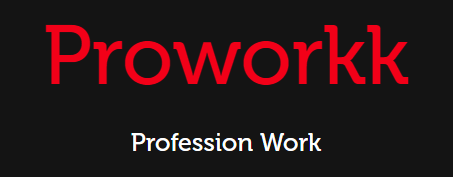Profession: Data Scientist
Experience: 8 years
Location: Slovenia
My Personal Experience:
Becoming a data scientist was not my initial career plan. Like many, I stumbled into this field, driven by curiosity and a knack for problem-solving. After completing my computer science degree, I found myself intrigued by the world of data. I started as a junior data analyst, analyzing small datasets and learning the ropes. Little did I know that this journey would evolve into an 8-year-long adventure as a data scientist in Slovenia.
The Hard part I feel about this profession as per my experience till now:
The data science landscape is dynamic, and staying on top of the latest trends is a never-ending challenge. Python for data science became my go-to tool, and while it’s powerful, the learning curve can be steep. The demands for delivering insights quickly and accurately can sometimes create stressful deadlines. The real challenge, however, lies in translating complex findings into actionable insights for non-technical stakeholders. Effective communication is an art that data scientists must master.
Things I find interesting or feel “happy” about this profession are:
Despite the challenges, being a data scientist in Slovenia has been immensely rewarding. I’ve had the privilege of delving into diverse domains, from healthcare to finance. Working with large datasets and employing statistics for data science has allowed me to uncover hidden patterns that influence decision-making. This profession is a gateway to continuous learning; with every project, I gain new insights, not just about data, but also about the world around me.
Pros And Cons I feel about this profession:
Pros:
- Intellectual Stimulation: Data science constantly challenges your intellect, pushing you to develop innovative solutions.
- Variety: Every project is unique, exposing you to different industries and problems.
- Impactful Insights: Seeing your analyses drive real-world decisions is incredibly satisfying.
- Lifelong Learning: Staying relevant in this field requires constant learning, which keeps you engaged.
- Collaboration: Interacting with professionals from various backgrounds broadens your perspective.
Cons:
- Tight Deadlines: Meeting project deadlines, especially for complex analyses, can be stressful.
- Data Quality Issues: Cleaning and preprocessing data can be time-consuming, and incomplete or messy data is a common hurdle.
- Ambiguity: Some projects might lack well-defined problem statements, requiring you to navigate uncertainties.
- Model Interpretability: Balancing accuracy with interpretability can be challenging, especially when dealing with complex models
My suggestions for newcomers in this profession:
- Solid Foundation: Invest time in learning the fundamentals of statistics and programming.
- Hands-On Experience: Theory is essential, but hands-on projects will teach you valuable lessons.
- Communication Skills: Develop the ability to explain complex concepts to non-technical stakeholders.
- Networking: Connect with fellow data scientists; the community is supportive and resourceful.
- Stay Curious: Embrace the ever-evolving nature of the field and maintain a thirst for learning.
In conclusion, my journey as a data scientist in Slovenia has been filled with challenges, triumphs, and continuous growth. Python for data science, statistics, and a data science degree might be the tools I use, but the real essence lies in the constant pursuit of knowledge and the joy of turning raw data into actionable insights. If you’re considering stepping into this profession, remember that it’s not just a job; it’s a journey of exploration and transformation.
